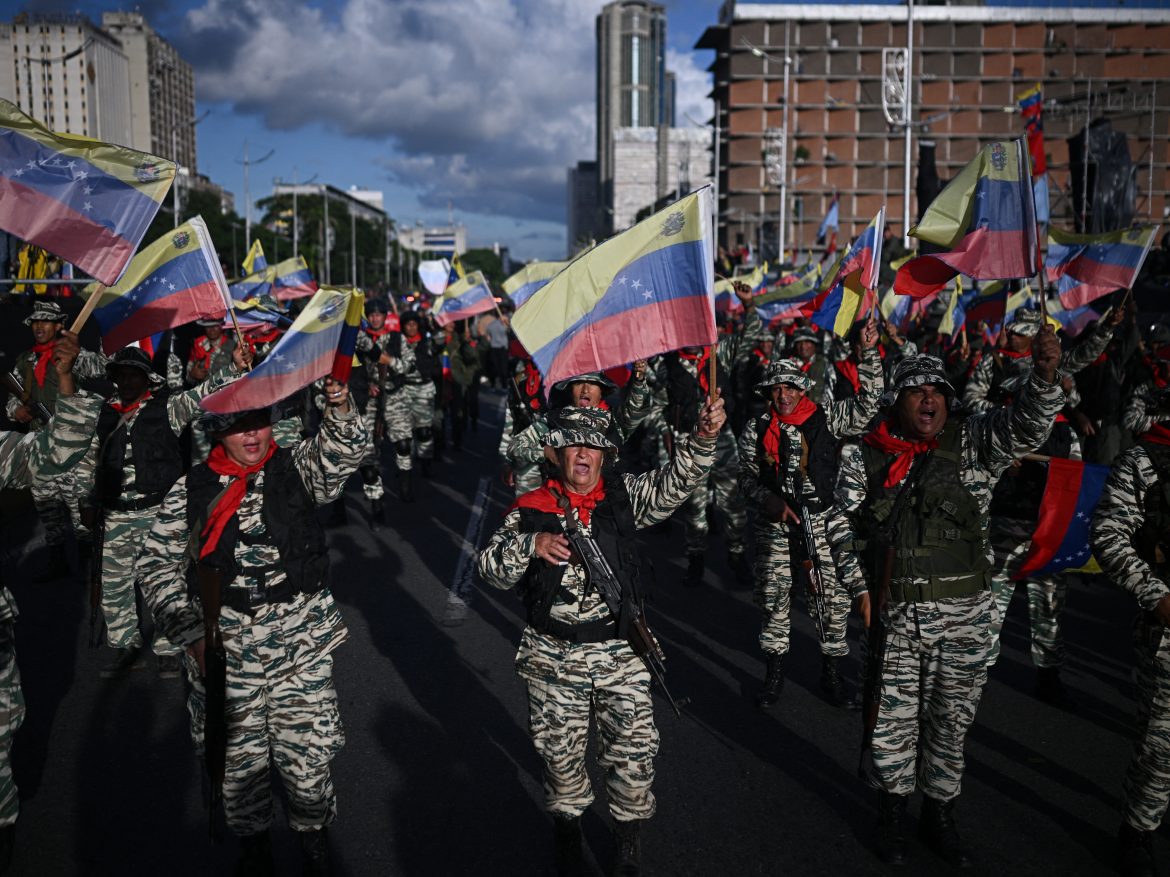The U.S. Senate is set to vote on a war powers resolution aimed at preventing President Trump from launching military strikes against Venezuela.
The measure seeks to reaffirm Congress’s constitutional authority over decisions involving the use of military force.
They argue that the proposal reinforces the balance of power between the executive and legislative branches and ensures proper oversight in matters of national defense and foreign policy.
Senator Tim Kaine of Virginia, one of the resolution’s principal sponsors, said the measure is intended to serve as a vital check on presidential authority. He noted that the Constitution explicitly grants Congress the power to declare war, and that this resolution upholds that principle.
The move echoes the War Powers Resolution of 1973, which limits the President’s ability to deploy U.S. forces without congressional consent. Similar measures have been introduced in recent years to address U.S. involvement in conflicts in Yemen and Iran.
The Trump administration previously imposed sanctions on the Venezuelan government and expressed support for regime change, prompting lawmakers to act preemptively to prevent potential military intervention.
Republican Senator Rand Paul of Kentucky has expressed support, stressing that military engagement decisions should be made transparently and with input from both parties.
As the Senate prepares to vote, lawmakers and observers alike view the measure as part of a broader debate over the limits of executive power and Congress’s role in authorizing military operations.

